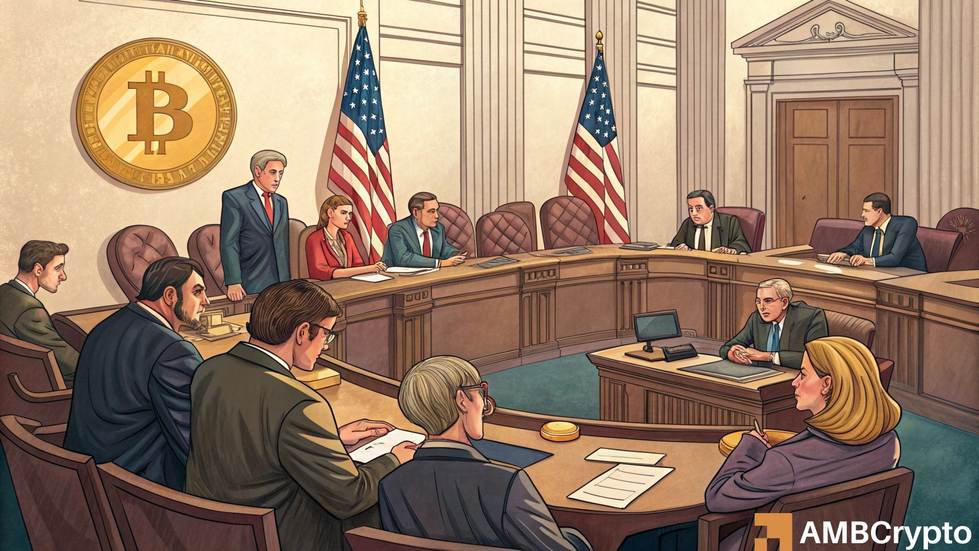In light of the ongoing investigation by U.S. Senators into the alleged exclusion of cryptocurrency firms during the Biden Administration, the U.S. Federal Deposit Insurance Corporation (FDIC) has shown a more favorable stance towards cryptocurrencies.
Furthermore, Travis Hill, the current acting chair of the FDIC, has disclosed 175 supervisory records that were sent by the regulatory body to cryptocurrency companies, shedding light on the significant limitations on banking access famously known as ‘Operation ChokePoint 2.0 (OCP).’
Nevertheless, Hill emphasized that a more cautious approach would be embraced in the future.
“We are actively reassessing our supervisory strategy concerning crypto-related operations. This involves the replacement of Financial Institution Letter (FIL) 16-2022 and offering a framework for institutions to participate in activities related to cryptocurrencies and blockchain technology while still adhering to safety and stability principles.”
In this context, FIL 16-2022 denotes the guidance issued by the FDIC in April 2022 aimed at managing risks associated with third-party banking relationships, particularly with payment processors, fintech companies, and cryptocurrency-related entities.
Testimonies from Victims of Cryptocurrency Banking Exclusions
Despite the extensive coverage of OCP in the cryptocurrency media landscape, the issue gained more prominence after prominent venture capitalist Marc Andreessen discussed it on the Joe Reagan Experience podcast.
This caught the attention of policymakers, and with the new Trump Administration, actions started to unfold swiftly. On the 5th of February, the U.S. Senate Committee on Banking conducted its initial hearing with victims of banking exclusions.
Nathan McCauley, the founder and CEO of the institutional cryptocurrency platform Anchorage Digital, was one of the cryptocurrency executives who testified about their ordeals.
McCauley highlighted the challenges faced by his company and other cryptocurrency ventures he was involved in, as they encountered account closures during that period.
“I am of the opinion that regulators exerted pressure on banks to terminate their services to the cryptocurrency sector. Why do I hold this view? Two reasons: a series of regulatory measures against cryptocurrencies from 2021 to 2023, and my own firsthand experience.”
On his part, Paul Grewal, the legal head of Coinbase, expressed surprise that the FDIC’s campaign of banking exclusions against cryptocurrency firms was associated with Bitcoin’s price volatility and compliance concerns rather than representing a “systemic risk” to the broader U.S. banking system, as previously claimed.

